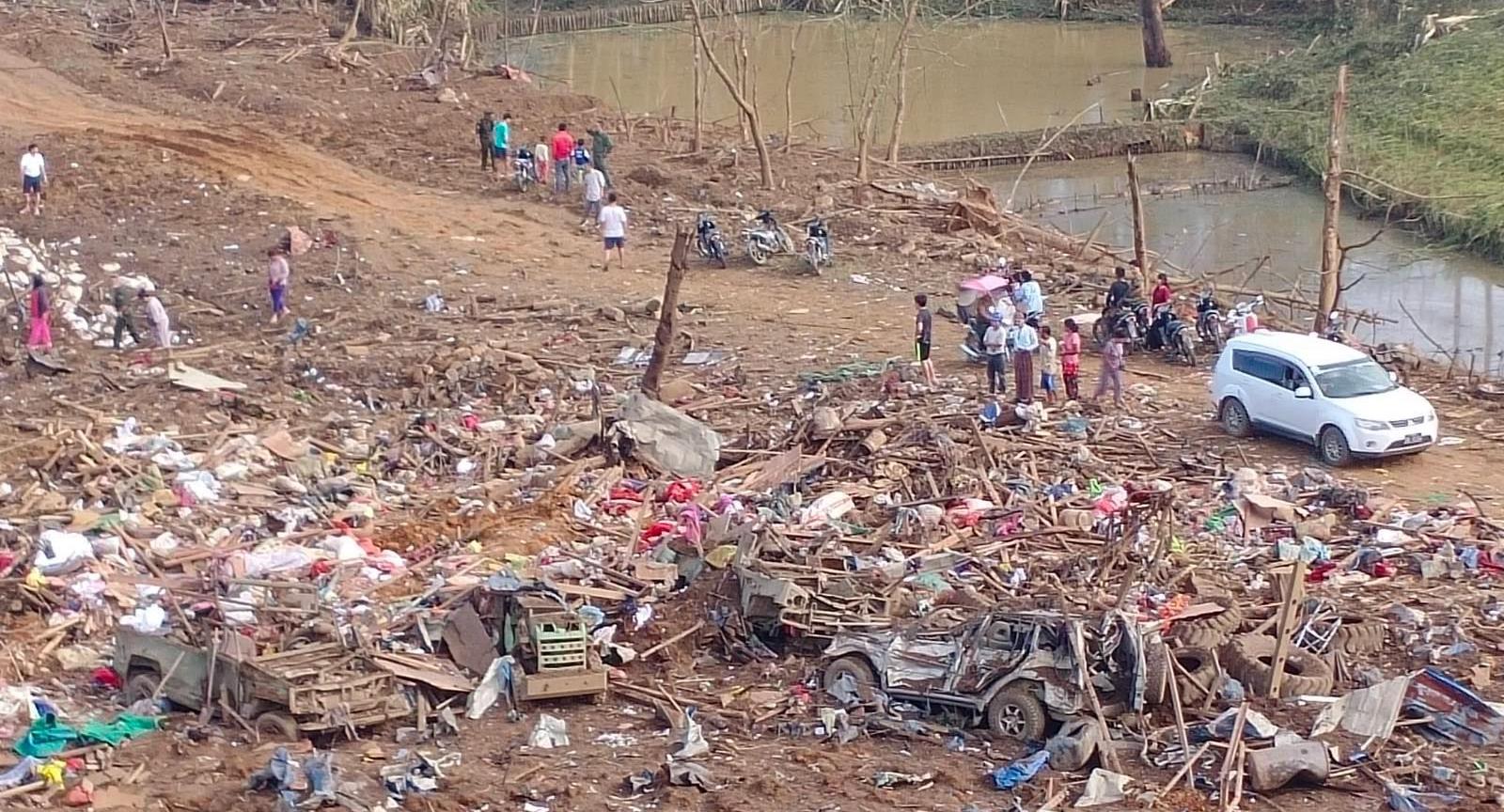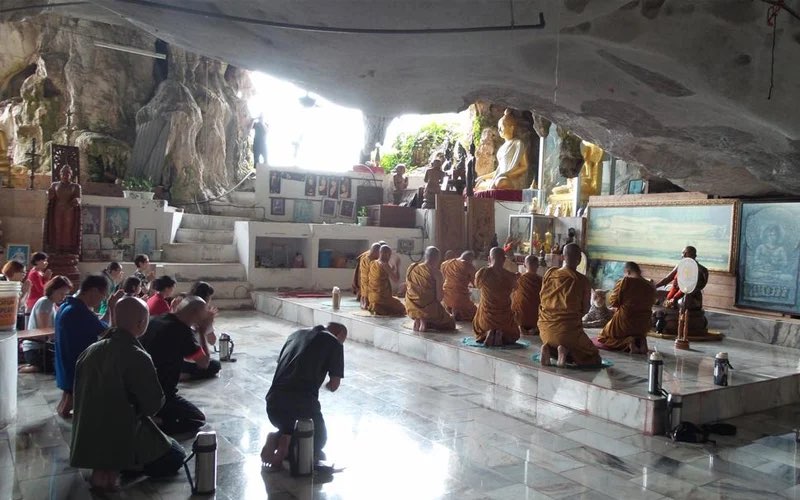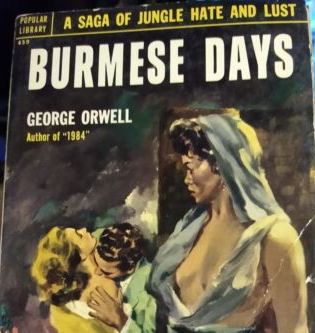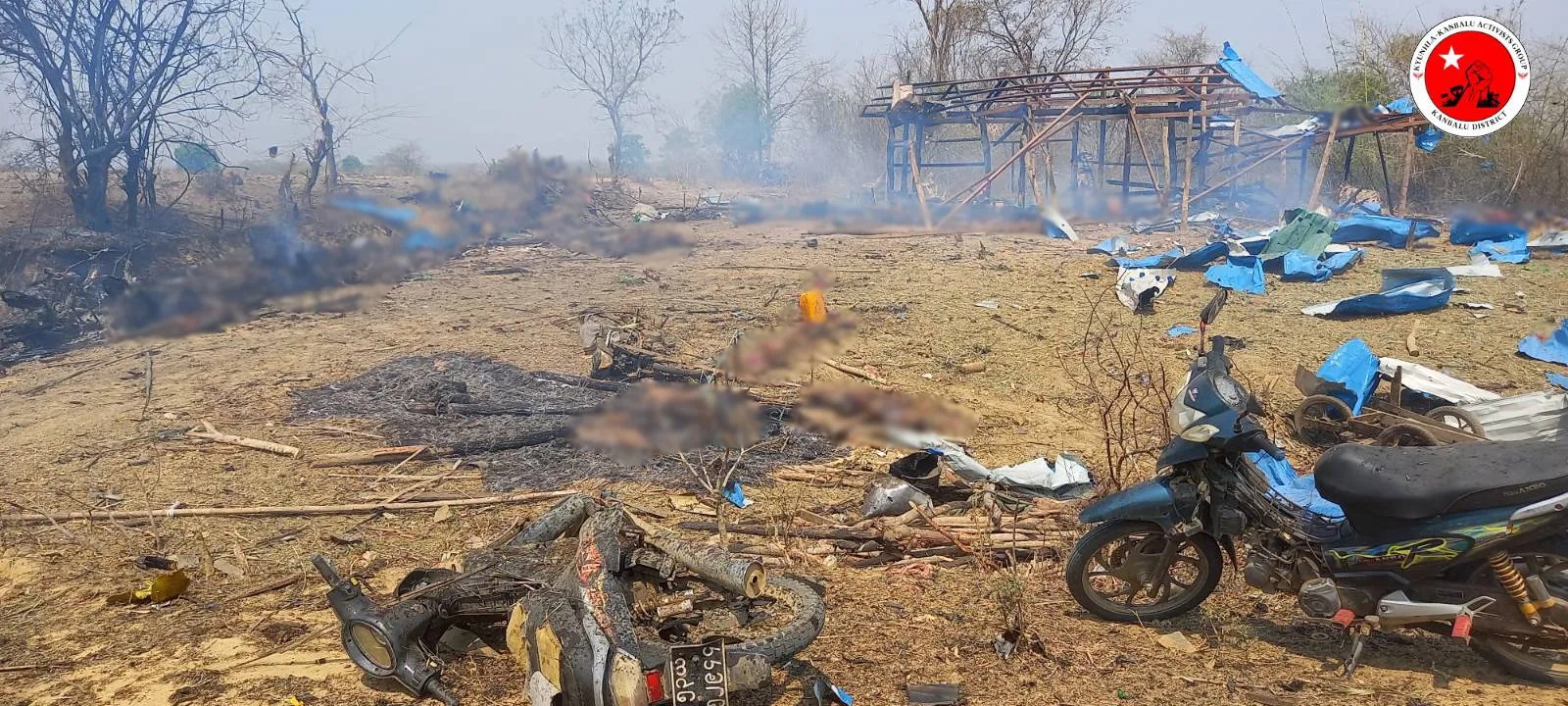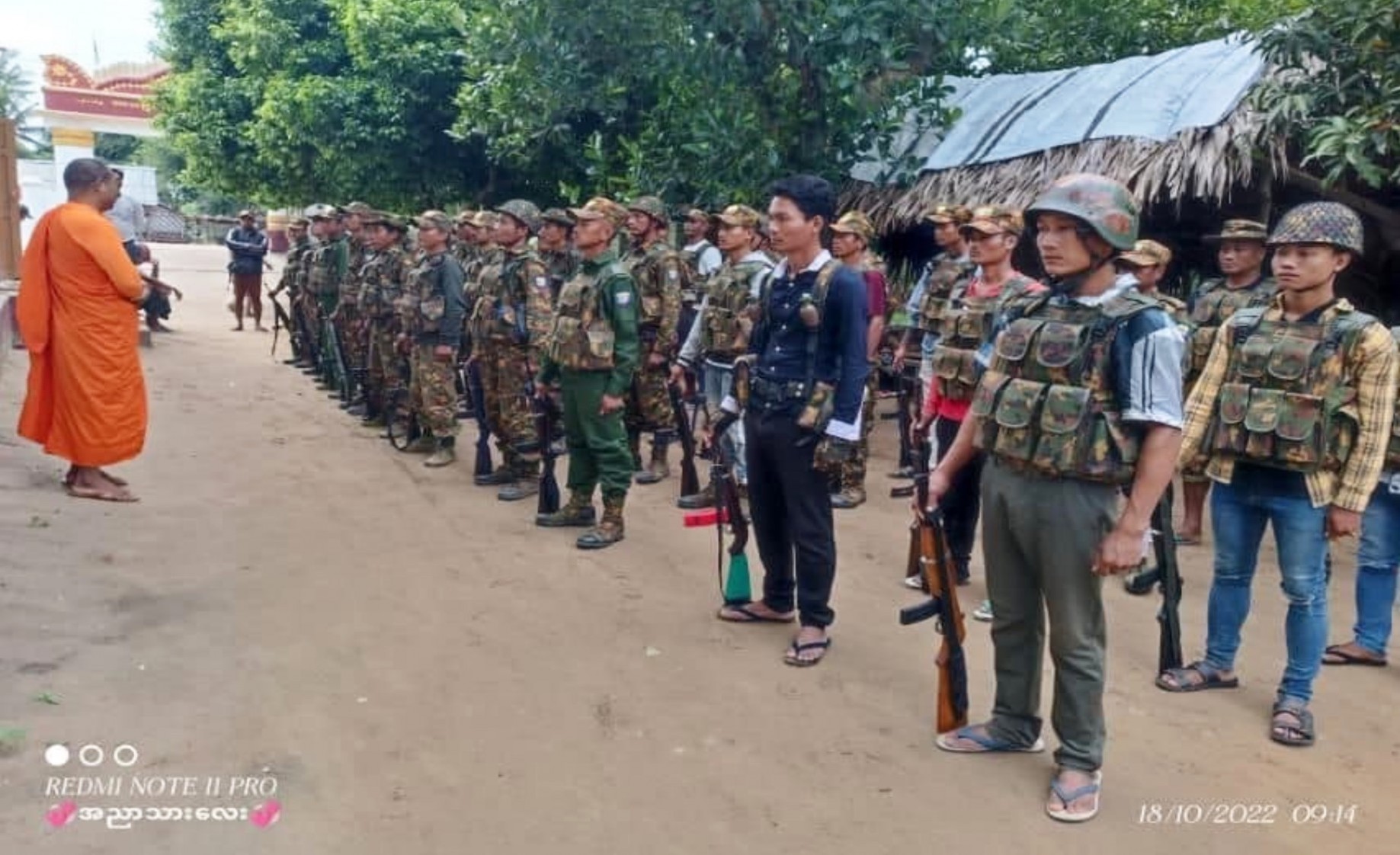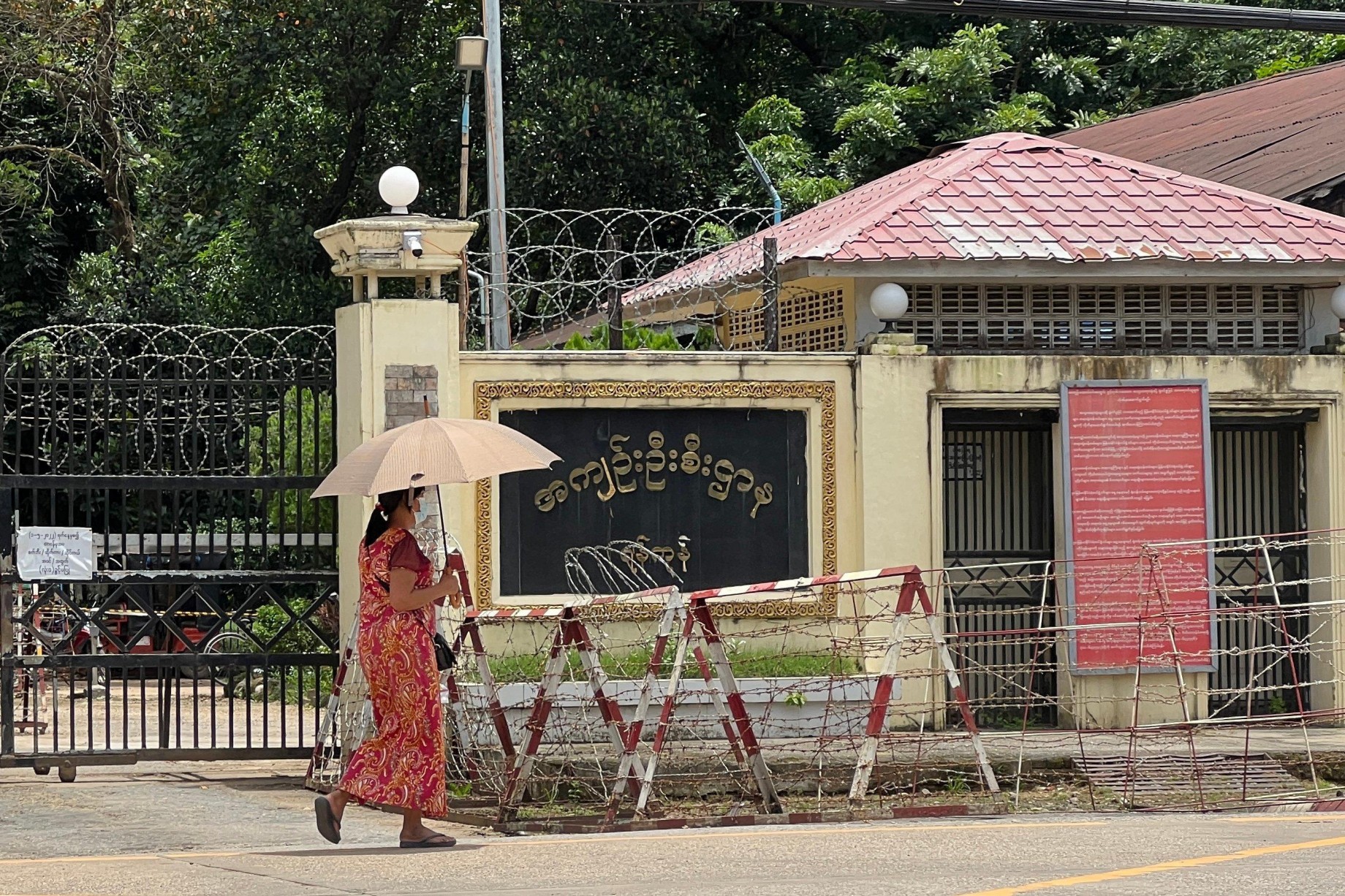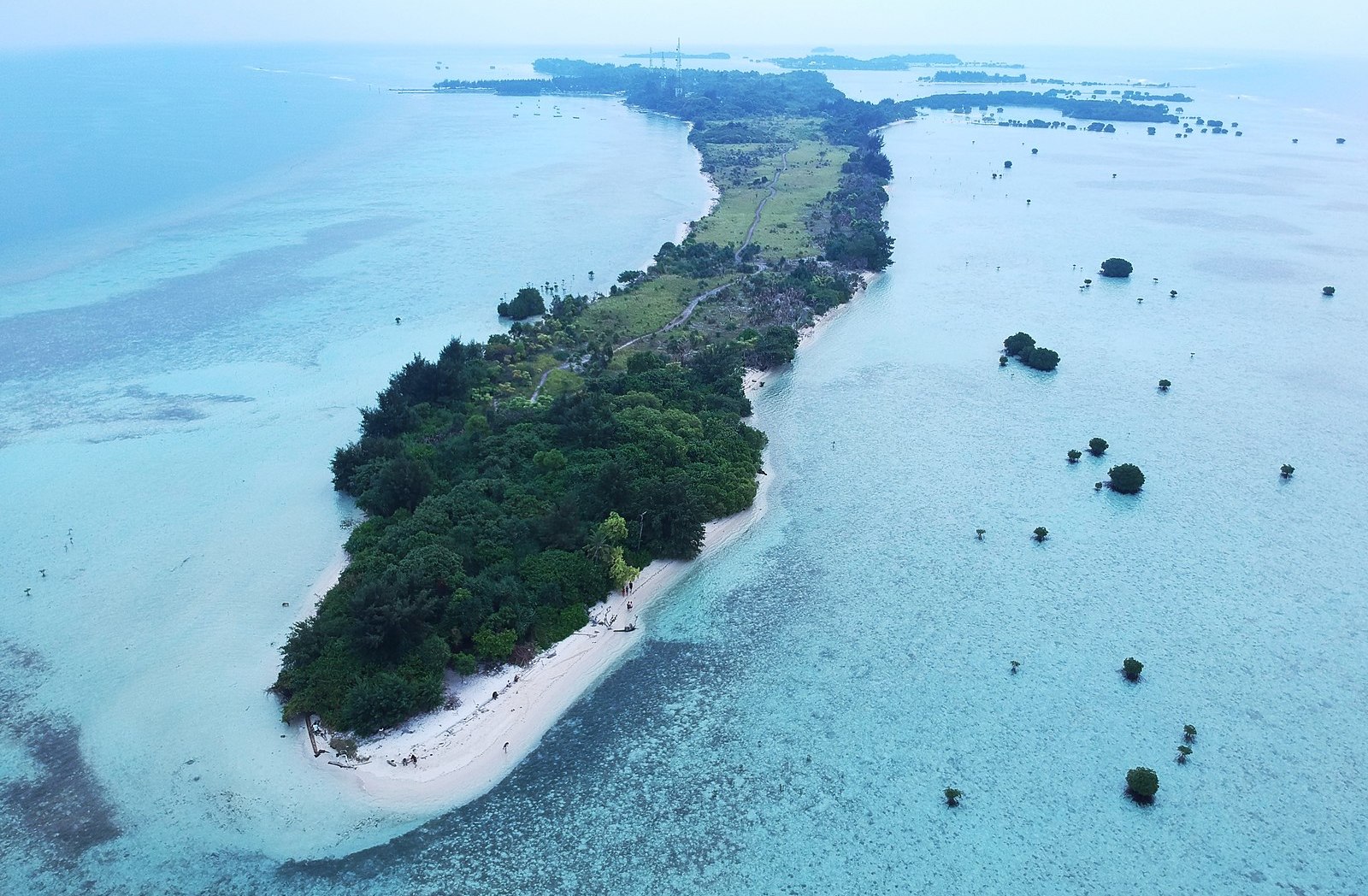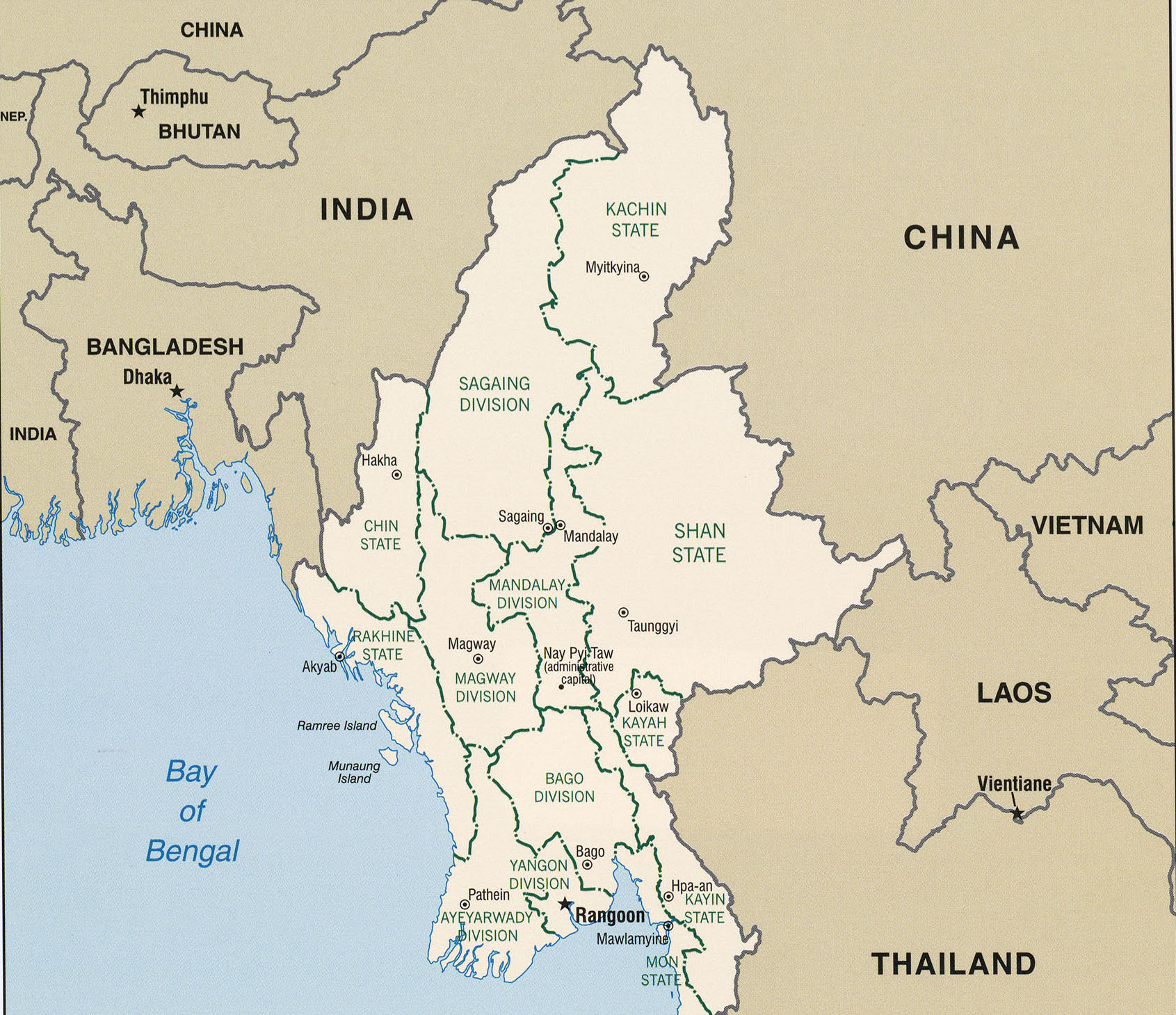
Burma: rebels seize towns on Chinese border
Burma’s rebel Ta’ang National Liberation Army (TNLA) has taken control of nearly the entire town of Namkham in northern Shan state, besieging the last remaining junta outpost there. The town is located along the Shweli River, a main trade route on the Chinese border. Meanwhile, in Mongko—northeast of Namkham and also located on the border with China—TNLA allies the Myanmar National Democratic Alliance Army (MNDAA) and the Arakan Army have reportedly captured four junta bases, representing a serious loss of strategic territory for the regime. These rebel armies together make up a force known as the Three Brotherhood Alliance, now emerging as the junta’s most formidable military challenge. (Map: PCL)



